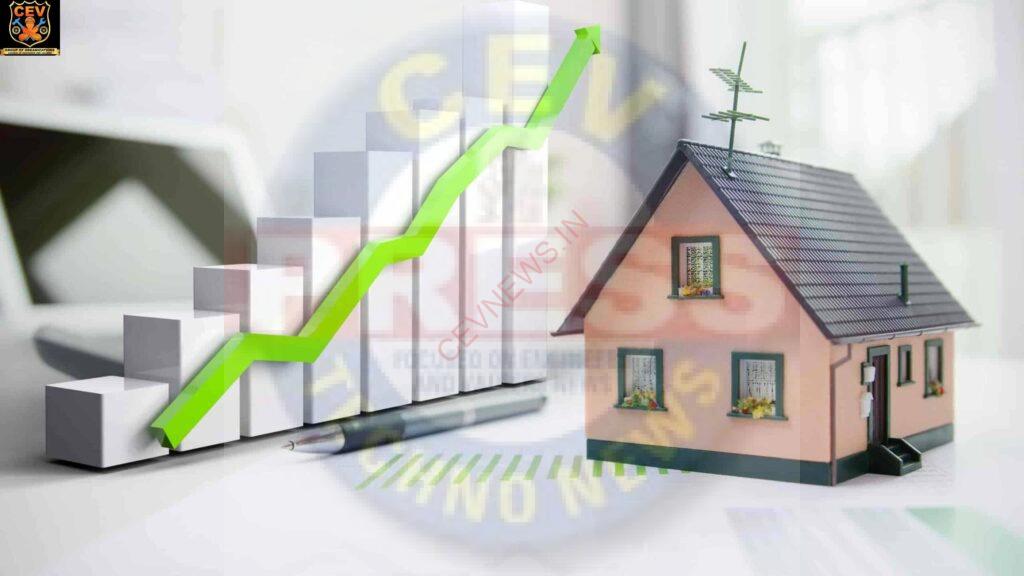ASSIGNMENT OF IMMOVABLE PROPERTY: VALUATION FACTORS TO CONSIDER
Assignment of Immovable Property: Valuation Factors to Consider
Assigning immovable property in India requires careful consideration of various valuation factors to ensure a fair and legal transaction. Whether it’s a residential, commercial, or agricultural property, understanding these key elements is crucial for both parties involved. Here are some essential factors to consider:
Location: The location of the property is one of the primary factors influencing its value. Properties situated in prime locations with good connectivity, amenities, and proximity to essential services tend to command higher prices. Factors such as infrastructure development, neighborhood reputation, and future prospects also impact valuation.
Market Trends: Keeping abreast of current market trends is essential for accurate valuation. Fluctuations in demand and supply, prevailing interest rates, economic conditions, and government policies regarding real estate can significantly affect property prices. Analyzing recent sales data of similar properties in the area provides valuable insights into market dynamics.
Property Size and Shape: The size and shape of the property play a significant role in its valuation. Larger plots typically command higher prices, especially in densely populated urban areas where space is limited. Additionally, irregularly shaped plots or those with unusual configurations may have lower valuation due to limitations on use and development potential.
Legal Compliance: Ensuring that the property complies with all legal requirements is crucial for its valuation. Factors such as clear title, proper documentation, adherence to zoning regulations, and absence of encumbrances enhance the property’s value. Any legal disputes or issues can significantly impact its marketability and valuation.
Infrastructure and Amenities: The availability of essential infrastructure and amenities in the vicinity adds value to the property. Access to roads, water supply, electricity, and sanitation facilities enhances its desirability and, consequently, its valuation. Proximity to educational institutions, healthcare facilities, shopping centers, parks, and recreational areas also influences property prices.
Development Potential: Assessing the development potential of the property is essential, especially for investors and developers. Factors such as zoning regulations, permissible land use, floor area ratio (FAR), and building restrictions determine the scope for future development or redevelopment. Properties with higher development potential typically command higher prices.
Property Condition: The condition of the property, including its age, structural integrity, maintenance, and aesthetic appeal, affects its valuation. Well-maintained properties in good condition generally fetch higher prices in the market. Renovation or repair requirements, if any, should be factored into the valuation process.
Environmental Factors: Environmental considerations such as pollution levels, ecological sensitivity, proximity to industrial areas, and natural hazards can impact property valuation. Properties located in environmentally friendly areas with clean surroundings and minimal pollution tend to have higher value perception.
Market Demand: Understanding the demand-supply dynamics of the real estate market is crucial for property valuation. Factors such as demographic trends, population growth, employment opportunities, and investor sentiment influence demand for properties in a particular area. High demand areas typically command premium prices.
Professional Valuation Services: Engaging qualified professionals such as real estate appraisers, valuers, or chartered surveyors can provide an objective assessment of the property’s value. These professionals consider various factors mentioned above, along with specific valuation methodologies, to determine an accurate valuation based on market conditions and industry standards.
The valuation of immovable property in India involves a comprehensive analysis of various factors, including location, market trends, legal compliance, infrastructure, development potential, property condition, environmental considerations, market demand, and professional assessment. By considering these key factors, both buyers and sellers can make informed decisions and ensure fair transactions in the real estate market.


